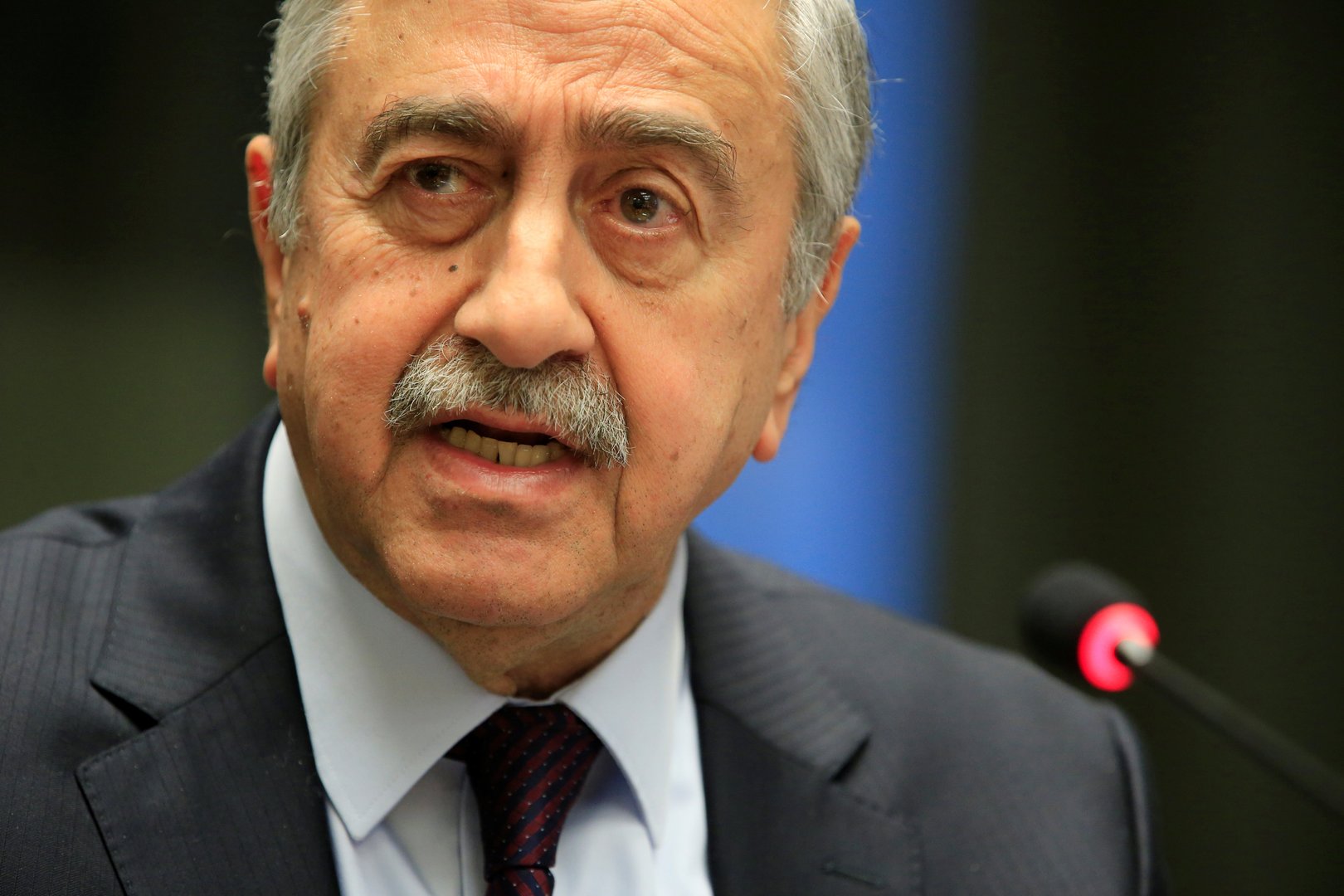The evidence is found in the president’s embrace of a two-state solution
By George Koumoullis
In political science, the term ‘democratic deficit’ refers to a deficient level of democracy in political institutions and procedures in comparison to a theoretical ideal of democratic government. There has been a democratic deficit regarding the constitutional behaviour of the president of the Republic.
In a democracy with a presidential system, the president is elected based on their election programme or manifesto. In other words, the presidential candidate explains analytically the specific positions and principles that constitute their vision for the country and commits, morally and politically, to do everything in their power to implement this vision. Their mandate from the citizens who voted for them is to deliver what they had promised in the election campaign. Deviation from election promises is considered inconceivable in mature democracies. It does not contravene any article of the constitution, but it contravenes what they call in football ‘fair play’. In short, it is an unwritten law or convention that voters would expect to be sacredly adhered to.
The prominent issue of the presidential elections in 2013 and 2018 was, of course, the Cyprus problem. Greek Cypriots voted for Nicos Anastasiades so he would negotiate a settlement on the basis of a bizonal, bicommunal federation (BBF), which incidentally has been our side’s commitment since the 1977 Makarios-Denktash agreement. On his part, Anastasiades committed, in writing and orally, to seek the reunification of Cyprus and expectations for such a conclusion soared with the election of Mustafa Akinci as ‘president’ of the ‘TRNC’ in 2015. Opposite him, he had an honourable politician, a federalist, a true Cypriot patriot who was not a pawn of Turkey, a politician committed – in the literal sense – to solving the Cyprus problem. It was a rare circumstance and one that Anastasiades destroyed. We were incredibly unfortunate that in 2015 we did not have a Clerides or a Vassiliou as president face to face with Akinci.
After the collapse of the negotiations in Crans-Montana (who was responsible is not today’s subject) we saw a 180-degree turn by Anastasiades, who started flirting with the two-state solution. He was incapable of controlling this desire. He was like an infatuated teenager who feels satisfaction and pride telling everyone that he is head over heels in love. Anastasiades revealed his flirtation with the two-state solution to the archbishop, to Ioannis Kasoulides, to other ministers, to Andreas Paraschos, Mevlut Cavusoglu and God knows how many others, who out of tact have said nothing.
In view of this, the prevailing view among much of the public is that Anastasiades is seeking a two-state solution, even though he does not admit it publicly, given that its mere mention is considered a big taboo. If Anastasiades behaved in an impeccably democratic way he should have stepped down and stood in new presidential elections with the two-state solution included in his manifesto. Staying on as president, without a mandate for a two-state solution is democratically unorthodox; one writer in Politis described it as high treason.
There is no way the House of Representatives would take action against Anastasiades over this stance, even though it could do so based on article 44 of the constitution. Apart from enjoying the full support of Disy, the rest of the parties, with exception of Akel and the Greens, would prefer a two-state solution to BBF.
The democratic deficit is not only evident in the undemocratic behaviour of the president and the legislature. It emerges and is maintained by societies of reduced ‘democratic sensitivity’, that is with high indicators of apathy and indifference over socio-economic and political issues. Why, for instance, had none of us protested about Anastasiades’ trips to the Seychelles aboard the private plane of a Saudi Arabian sheikh? Was this trip unrelated to the 36 Cyprus passports issued for the sheikh and his family? In other democratic countries, even a gift of a bottle of wine to a state official gives rise to resignation calls.
The catalyst for the creation of a democratic deficit is the systematic manipulation of thought and judgement cultivated by our schools. Two of the fundamental principles of the Enlightenment is the rejection of all authority and the questioning of all existing knowledge. Cyprus education fights against these two principles and bears a large share of the responsibility for the democratic deficit. The investigative curiosity of student and the questioning of the correctness of school manuals is nipped in the bud because students are penalised with low marks. The good students blindly obey their ‘superiors’ and continue as citizens who accept unquestioningly the authority of some leader. Questioning of things is considered ‘not necessary’.
George Koumoullis is an economist and social scientist







Click here to change your cookie preferences